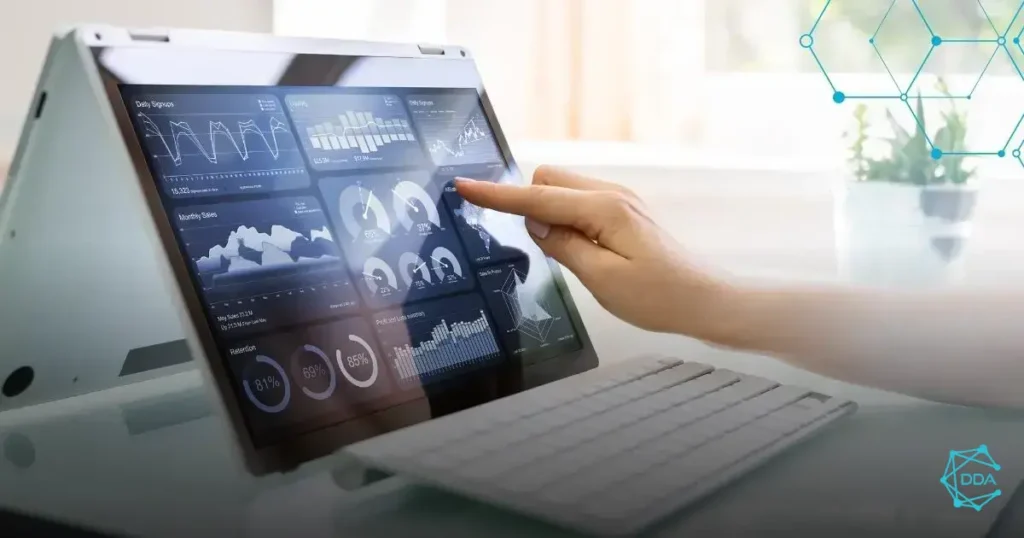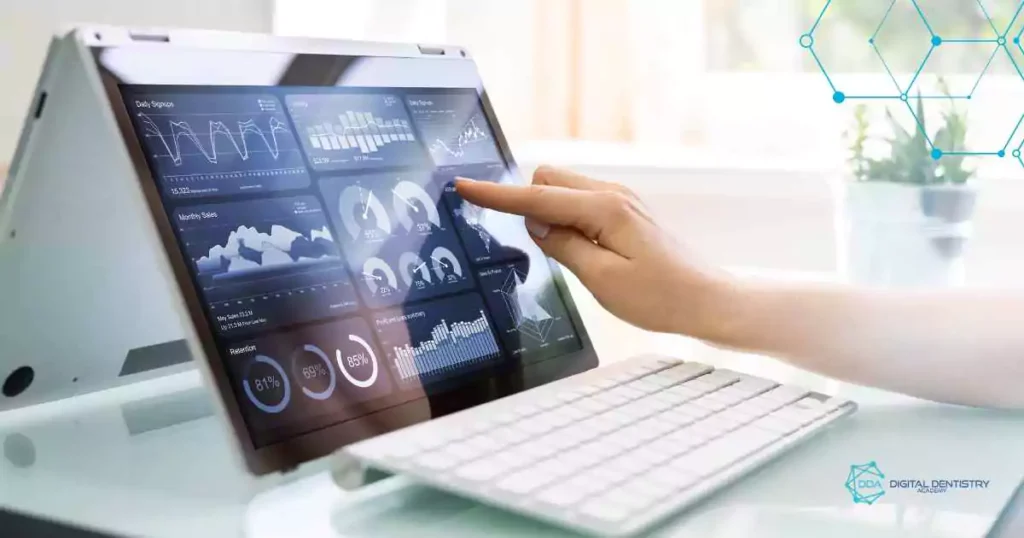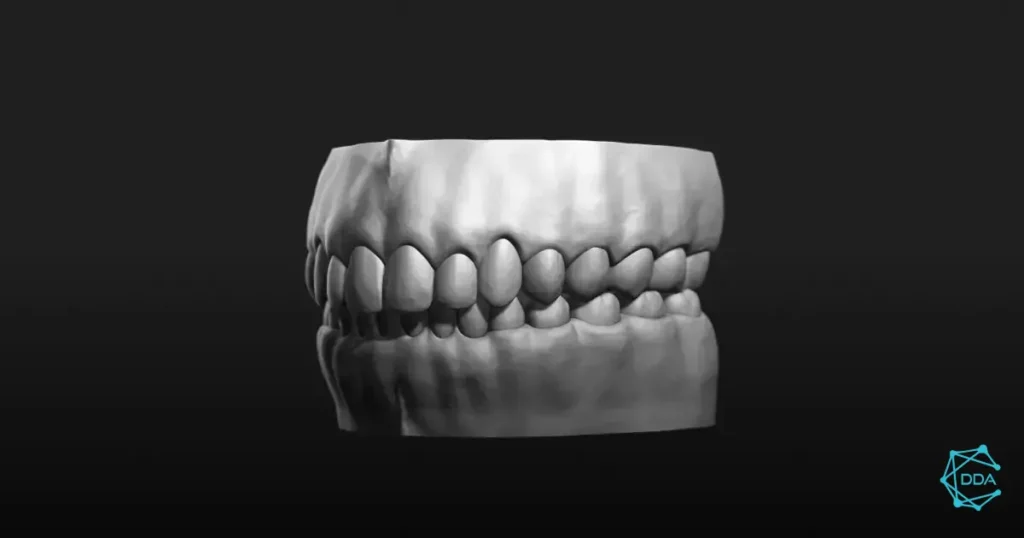What is digital dentistry?
Digital dentistry is a growing area of the dental profession that uses advanced digital technologies to diagnose, plan and treat dental problems. These technologies include intraoral scanners, 3D printing, three-dimensional modeling software, and advanced imaging technology.
Benefits of digital dentistry
Digital dentistry offers a range of benefits for both dentists and patients. These benefits include:
- Accurate diagnosis: With the use of intraoral scanners and three-dimensional modeling software, dentists can obtain an accurate and detailed diagnosis of patients' dental problems.
- Efficient planning: Digital technology makes dental treatment planning easier, allowing dentists to visualize and simulate final results before starting any procedure.
- More precise treatments: With the help of 3D printers, dentists can produce personalized dental prosthetics and restorations for each patient, ensuring a perfect fit and longer-lasting results.
- Greater comfort for patients: Digital dentistry eliminates the need for uncomfortable impressions, reducing patient stress and anxiety during procedures.
- Cost reduction: Although the initial investment in digital technology may be high, in the long term it can help reduce the costs of dental treatments, as digitally produced restorations and prosthetics are more durable and less prone to breakage or failure.
The future of digital dentistry
Digital dentistry is constantly evolving and the prospects for the future are very promising. Some of the expected trends and advancements include:
- Artificial intelligence in dentistry: Artificial intelligence has the potential to revolutionize digital dentistry, helping dentists diagnose, plan and execute treatments with greater precision and efficiency.
- Reduction in treatment time: As technology advances, dental procedures are expected to become faster, allowing patients to complete their treatments in fewer appointments.
- Custom Dental Implants: 3D printers are increasingly being used to produce personalized dental implants, ensuring a perfect fit and superior aesthetic results.
- Teledentistry: Teledentistry, which uses digital technology to allow remote dental consultations and treatments, has become increasingly relevant, especially in remote areas or in emergency situations.
Overall, digital dentistry offers an exciting and promising future for the dental profession, with technological advancements improving the accuracy, efficiency and comfort of dental treatments for patients. Those who catch up and adopt these technologies will be well positioned to take advantage of the opportunities that arise.






